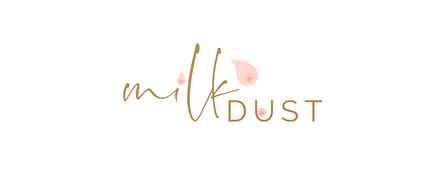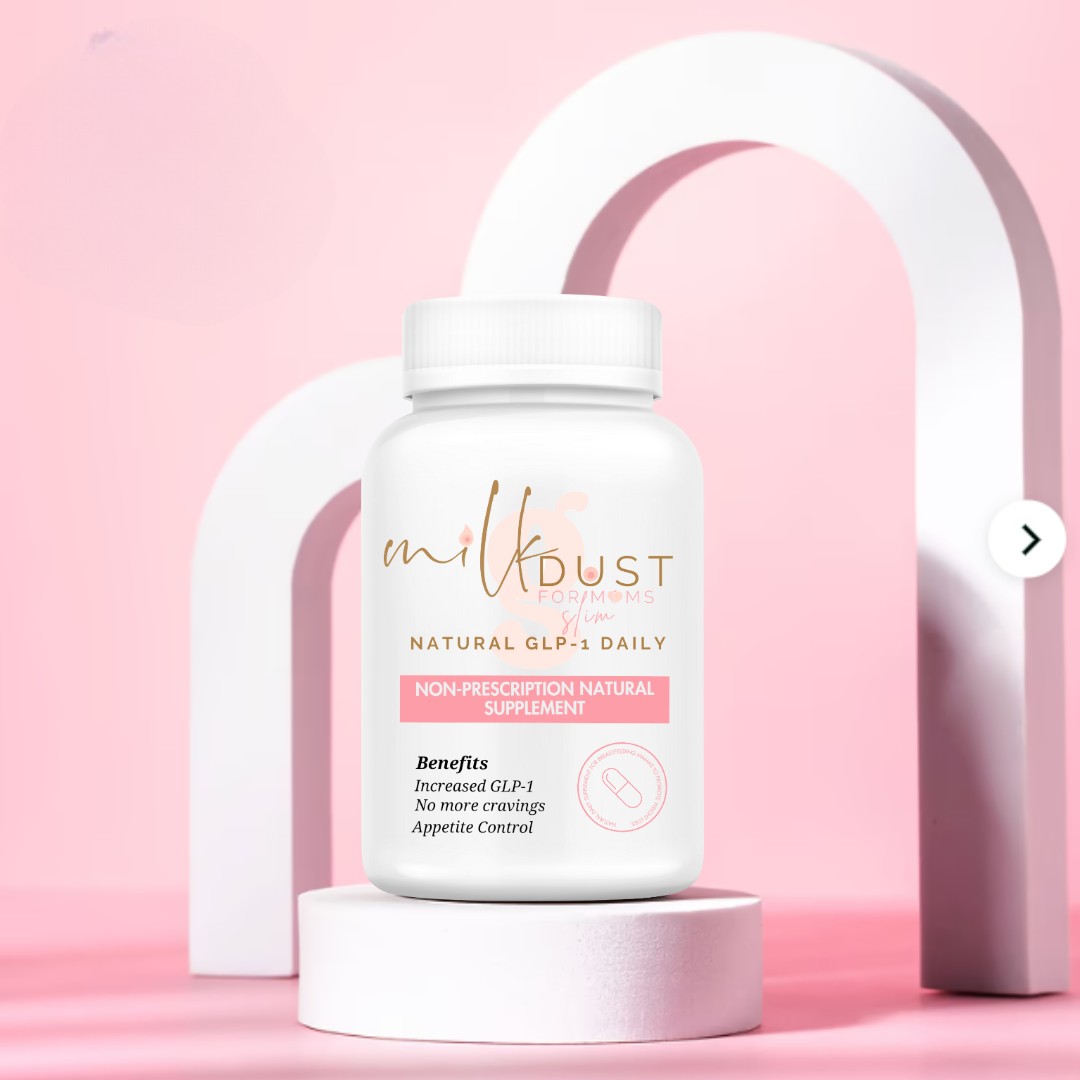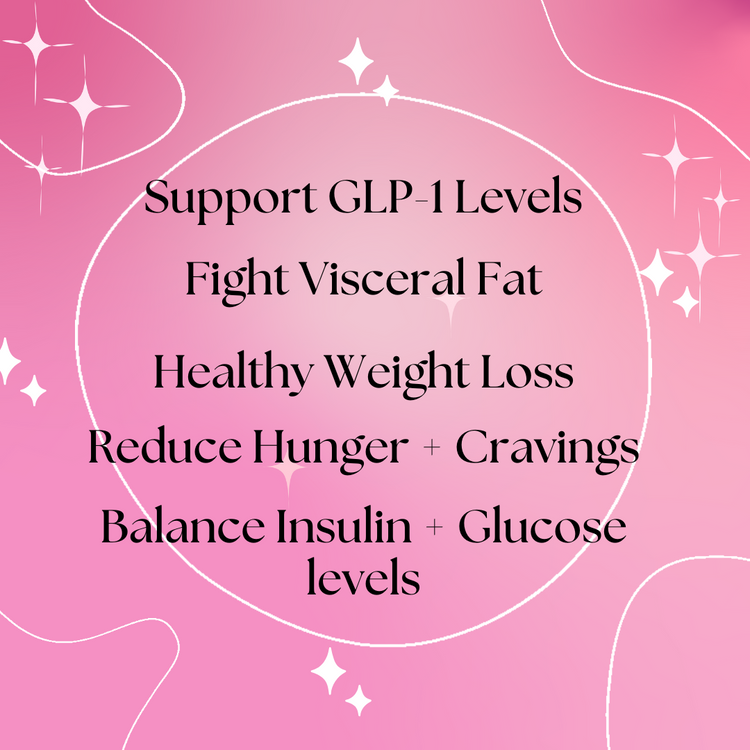Hey there, new moms! First of all, congratulations on your newest family member. Whether this is your first child or you’re already a seasoned parent, the postpartum period is a whole new adventure—full of ups, downs, and everything in between. As a new mother, one of the biggest changes you’ll face (apart from sleep schedules and diaper duty) is figuring out how to properly nourish your recovering body. Post pregnancy nutrition can feel overwhelming when juggling a newborn, but remember: you’ve got this!
Below, we’ll dive deep into why postpartum nutrition matters, what nutrients and foods to focus on, and how to manage common concerns like weight loss, energy levels, hair loss, and even postpartum depression. Let’s get started on your road to a healthy, happy recovery.
1. Why Post Pregnancy Nutrition Matters
A vital time for healing and bonding
During pregnancy, your body worked overtime to grow and nourish your baby. Now that your little one has arrived, your body continues to work hard—whether you’re exclusively breastfeeding, combo feeding, or even if you chose to bottle-feed from day one. Your nutritional needs are higher during this time because you’re not just recovering from childbirth and possible blood loss, but you’re also learning to function on less sleep while caring for a brand-new human.
Supporting mental health
Many new parents experience the so-called “baby blues.” But for some, these feelings can be more intense and develop into postpartum depression. Good nutrition can help support mental health by providing essential nutrients like vitamin D, vitamin B, and folic acid that play a role in mood regulation. While proper nutrition alone can’t prevent or cure postpartum depression, nourishing your body is one step toward an overall support system that includes rest, self-care, and possibly consulting a healthcare provider.
Energy for new routines
Let’s be real: being a new mother can feel like running a marathon every single day. Sleep is often in short supply, and you might feel like your energy levels are consistently low. A healthy diet full of nutrient-dense foods can help you battle fatigue, stabilize your mood, and keep you fueled for those late-night feeding sessions.
Ensuring good nutrition for your baby
If you’re breastfeeding, your body will prioritize producing nutritious breast milk—often at the expense of your own nutrient stores. That’s why postpartum nutrition is crucial: it helps replenish what you used up during pregnancy and continues to support breast milk production without depleting your own resources.
Milk Dust Lactation and Postpartum Protein Powder:
Milk Dust lactation protein powder offers a convenient and comprehensive way to support new moms in meeting their postpartum nutritional needs. Formulated with plant-based proteins, essential vitamins, minerals, and lactation-boosting herbs, it helps promote a healthy milk supply while aiding in the healing process after childbirth. The blend is designed to support energy levels, curb sugar cravings, and encourage overall wellness—crucial elements for busy new mothers looking to balance self-care with caring for a newborn. Whether enjoyed in a smoothie or stirred into a quick shake, Milk Dust provides nutrient-dense fuel that can help moms maintain a steady milk supply, address postpartum weight management goals, and bolster both physical and mental well-being.
2. Key Nutrients to Focus On
1. Protein
Protein helps with tissue repair, which is especially important as your body undergoes its healing process post-delivery. It also helps stabilize blood sugar and promote steady energy levels. Opt for lean meats like chicken or turkey, eggs, beans, lentils, and fish. If you’re vegetarian or vegan, look to plant-based protein sources like tofu, tempeh, and legumes. Protein can help increase milk supply, and Milk Dust is a great way to ensure you get your protein needs met, without having to cook and eat a lot of eggs and meat.
2. Iron
Iron deficiency anemia is common in the postpartum period, particularly if you lost a lot of blood during childbirth. Lean red meats, spinach, and lentils are great sources of iron. If you suspect you might be low in iron, talk with your healthcare provider about checking your levels. It’s a good idea to keep up with your prenatal vitamins or switch to a suitable mineral supplement that meets your nutrient needs.
3. Healthy Fats
Not all fats are created equal. Healthy fats like omega-3 fatty acids are crucial for hormone regulation, brain health, and possibly mitigating postpartum depression symptoms. You can find these essential nutrients in salmon, sardines, flaxseeds, chia seeds, and walnuts. These also help maintain a robust milk supply when breastfeeding. Adding avocados to your Milk Dust smoothies are a great way to get healthy fat and protein together.
4. Calcium and Vitamin D
Calcium supports bone health and vitamin D helps your body absorb calcium. As a pregnant woman, your calcium stores might be depleted, so post-baby is a prime time to replenish. Dairy products such as milk, cheese, and yogurt, fortified plant-based milks, and leafy greens all contribute to your daily calcium intake. Vitamin D can be found in fortified foods, salmon, and through safe sun exposure (though always consult with a healthcare provider about your specific situation).
5. Vitamins B and C
Vitamin B (especially B12 and folic acid) helps create red blood cells and aids in neurological function, while vitamin C supports immune health and aids in the absorption of iron. Incorporate fresh fruits like oranges, strawberries, and kiwi, as well as vegetables like bell peppers and broccoli into your meals. Don’t forget whole grains, too, which can be fortified with B vitamins.
Also read:
Skinny and Milk-Boosting Lactation Smoothie Recipes That Work!
3. Building a Balanced Postpartum Diet
Aim for a variety of foods
Eating a variety of foods from each food group is key to a balanced diet. Think of your plate as a colorful canvas, showcasing proteins, whole grains, vegetables, fruits, and sources of healthy fats. A simple example: a piece of grilled salmon (protein + healthy fats) served with quinoa (whole grains) and roasted vegetables (variety of vitamins).
Whole foods over processed options
When possible, reach for whole foods rather than ultra-processed ones. Instead of sugary cereals, choose oatmeal topped with berries and nut butter. Instead of chips, snack on carrot sticks with hummus, or fresh fruit with yogurt. Nutrient-dense foods will give your body more bang for its buck, supplying essential nutrients to help you recover and maintain overall health.
Don’t forget about hydration
Water is vital for the body’s healing and for supporting breast milk production. Aim for at least 8-10 glasses of water per day, but listen to your body—especially if you’re nursing, you may need more. Keep a water bottle handy to remind yourself to sip throughout the day. Avoid relying on soft drinks, as they can be high in sugar and provide little nutritional value, often leading to fluctuations in your energy levels.
Extra calories (but from the right sources)
If you’re breastfeeding, you generally need extra calories—about 300-500 more per day than you did before pregnancy. However, this doesn’t give you a free pass to dive headfirst into a box of donuts. Choose nutritious foods like whole-grain toast with peanut butter, Greek yogurt topped with fresh fruit, or a hearty lentil soup. This helps support your body’s nutritional needs and maintain a steady milk supply.
Meet GSLIM: Natural GLP-1 supplement for postpartum and breastfeeding:
4. Addressing Common Postpartum Concerns
1. Weight Loss
Many new mothers feel pressured to return to their pre-pregnancy weight quickly. While it’s understandable to want to feel like yourself again, focus on a healthy diet rather than jumping into fad diets. Crash dieting can deplete your energy, jeopardize your milk supply, and negatively affect your mental health. Slow, steady progress and focusing on healthy eating habits is the key to long-term success.
2. Postpartum Depression
While postpartum depression can’t be solved by nutrition alone, fueling your body with nutritious foods is one part of a supportive environment. Certain fatty acids, B vitamins (including folic acid), and minerals like iron can help support mental health. If you’re feeling consistently overwhelmed or hopeless, reach out to a health care provider—you’re not alone, and there are many resources to help.
3. Low Energy Levels
Feeling exhausted is practically a given for new moms, but you can combat extreme fatigue with frequent, balanced meals and snacks. Think a mix of protein (like a hard-boiled egg or Greek yogurt) with complex carbohydrates (like whole grains) to keep your blood sugar stable. Quick snacks like a handful of almonds or a piece of fruit paired with cheese can be a lifesaver in those hectic moments.
4. Hair Loss
It’s common to experience some hair loss after having a baby due to shifting hormone levels. While it can be alarming, it’s usually temporary. Focus on getting enough vitamin B, iron, and protein, as these support hair health. Lean meats, beans, leafy greens, eggs, and nuts can all contribute to healthier hair.
5. Other Health Conditions
If you’ve got a pre-existing health condition, like gestational diabetes or thyroid issues, it’s especially important to communicate with your healthcare provider about your postpartum nutrition plan. Tailoring your diet to your individual circumstances ensures you’re meeting your unique needs.
5. Practical Tips for Everyday Eating
1. Meal Prepping and Planning
The early days of motherhood can be chaotic. Prepping meals in bulk—like casseroles, soups, or stews—can be a lifesaver when you have limited time or energy. Spend a couple of hours on the weekend chopping vegetables, marinating lean meats, and batching grains, so you have ready-to-go options during the week.
2. Simple, Quick Breakfasts
Breakfast is crucial for starting your day on the right foot, even if mornings are more hectic than ever. A quick smoothie with spinach (iron), berries (vitamin C), and Greek yogurt (protein) can be a nutrient powerhouse. Top it off with a sprinkle of flaxseeds for those fatty acids. Or try overnight oats with whole grains, banana slices, and a spoonful of nut butter.
3. Sneaking in More Vegetables
Sometimes it’s hard to get in enough veggies, especially if you’re not in the mood for a salad. Add spinach or zucchini to smoothies or pasta sauces. Roast a big tray of vegetables at the start of the week to add to sandwiches, omelets, or wraps.
4. Smart Snacking
Instead of grabbing a candy bar, keep quick snacks like yogurt, cheese sticks, or whole-grain crackers with hummus in the fridge. Pair fresh fruits or a handful of nuts with a piece of whole-grain toast for a balanced mini-meal. This way, you won’t be tempted by sugary treats or soft drinks that can spike your blood sugar and drain your energy.
5. Choose Hydration Wisely
Beyond just water, you can hydrate with herbal teas or infuse your water with fruits like lemon, cucumber, or berries for added flavor. This not only helps with overall health but also supports digestive regularity, which can be an issue in the postpartum period.
6. Incorporating Movement and Lifestyle
Gentle Exercise
For many new mothers, it’s tempting to jump back into an exercise routine to speed up weight loss. But remember, your body has undergone significant changes, and it needs time to recover. Always consult your healthcare provider or health care provider before beginning any new workout regimen. Start with gentle movements like walking, stretching, or light yoga. This can help boost your energy, improve your mood, and support your healing process.
Listening to Your Body
Everyone’s postpartum journey looks different. Some new moms feel ready to move more within a couple of weeks, while others need more time. Honor your body’s signals—if you’re feeling exhausted, it might be better to rest.
Addressing Stress
Stress can affect your appetite, your milk supply, and your mental health. Make sure to take little breaks for self-care, whether that’s a hot shower, a quick meditation, or calling a friend to vent. Building a support system of family and friends can be invaluable. You’ve heard the old adage, “It takes a village to raise a child”—and that village is also there to support you.
7. When to Seek Professional Help
It’s always a good idea to keep an open dialogue with a health care provider after giving birth. They can monitor your health condition, suggest specific dietary adjustments, and help you manage any postpartum complications. If you suspect iron deficiency anemia or if you’re experiencing severe mood swings or postpartum depression, don’t hesitate to reach out for help. Remember: seeking help is a sign of strength, not weakness.
Continuing Prenatal Vitamins
Some doctors recommend continuing your prenatal vitamins after delivery—especially if you’re breastfeeding—to ensure you’re still getting key nutrients like folic acid, vitamin B, vitamin D, and iron. Discuss with your doctor if a mineral supplement is necessary, especially if you notice extreme fatigue or other symptoms.
Tailoring Your Nutrition to Your Situation
Every postpartum journey is unique. Some mothers need to focus on reducing sodium or sugar for a certain health condition, while others need an extra boost of calcium or iron. Your healthcare provider or a registered dietitian can help you customize a plan so that you’re meeting all your nutritional needs without feeling overwhelmed.
8. Conclusion: Nurture Your Body, Nurture Your Baby
Life after having a baby is beautiful, chaotic, exhausting, and miraculous—all at once. In the midst of navigating this new world of feedings, diaper changes, and infinite snuggles, it can be easy to overlook your own overall health. But remember that taking care of yourself is not selfish—it’s necessary for both you and your baby’s well-being.
A balanced diet rich in whole grains, fresh fruits, lean meats, dairy products, and healthy fats will give you the fuel you need to tackle long nights and busy days. By focusing on nutrient-dense foods and staying hydrated (grab that water bottle!), you’re supporting your body’s healing process, maintaining steady energy levels, and potentially easing some of the emotional challenges that can arise in this transitional time.
If you take anything away from this post pregnancy nutrition guide, let it be this: Listen to your body, feed it well, and give yourself grace. Reach out to a healthcare provider if you have concerns about iron deficiency anemia, hair loss, mood changes, or any other postpartum issues. And above all, remember that every journey is unique. You’re doing the best you can, mama—be proud of how far you’ve come.
Here’s to your continued postpartum recovery, your growing family, and the many new adventures ahead. You’ve got this!












